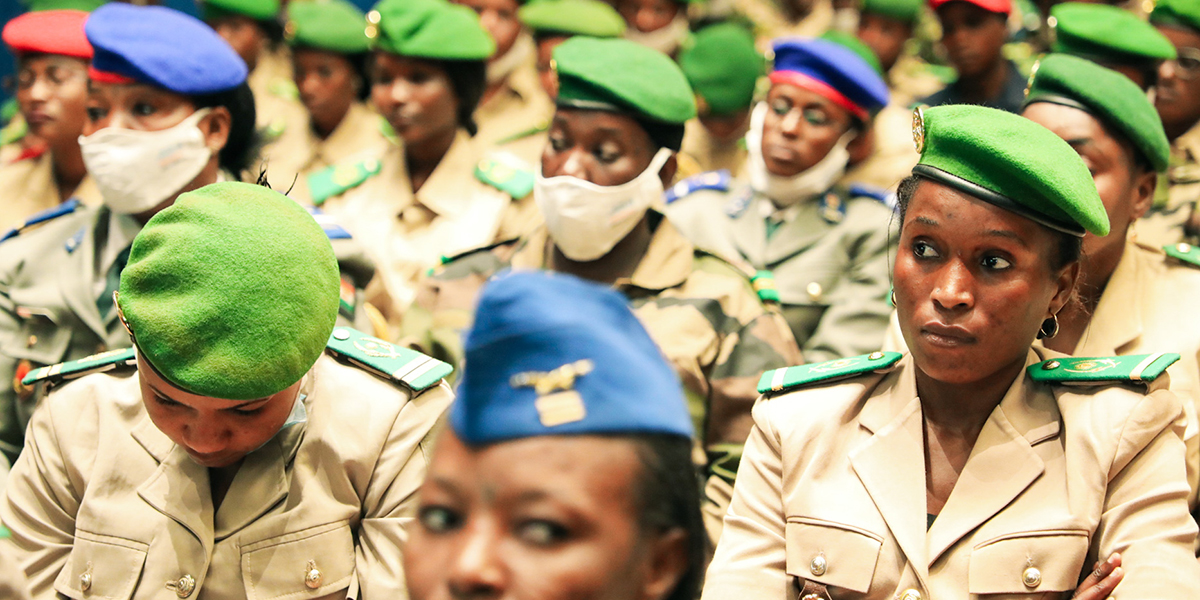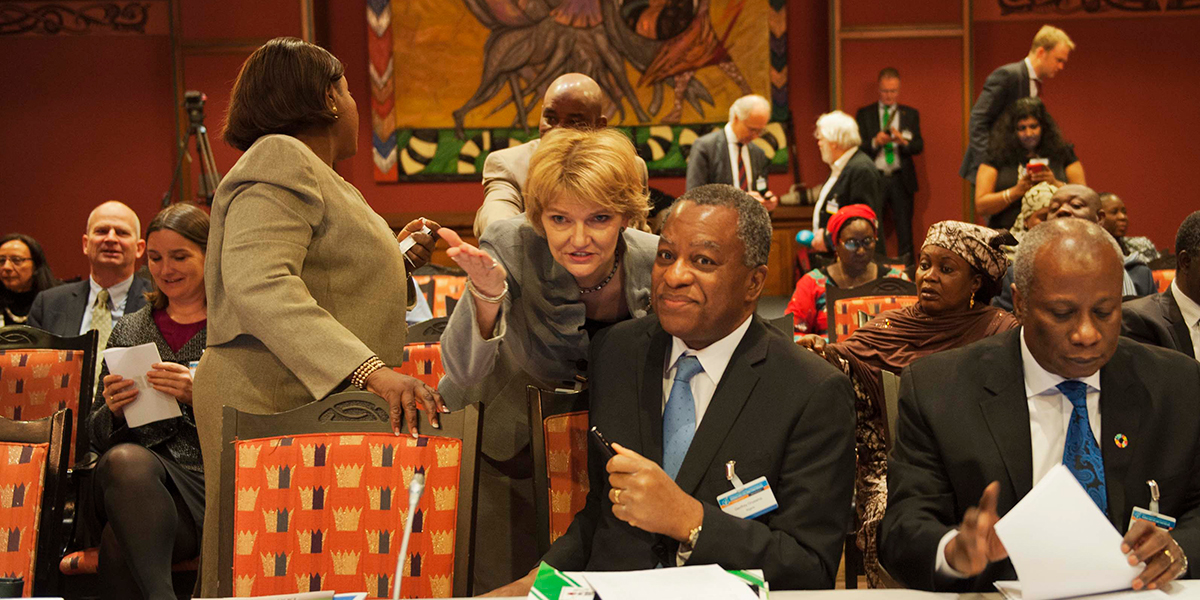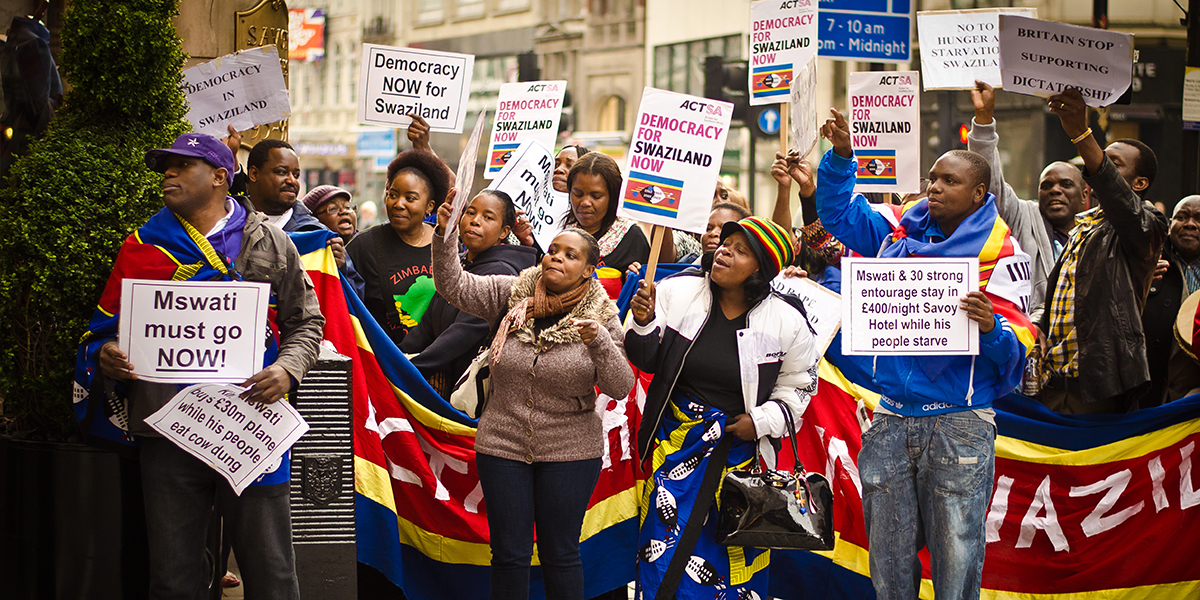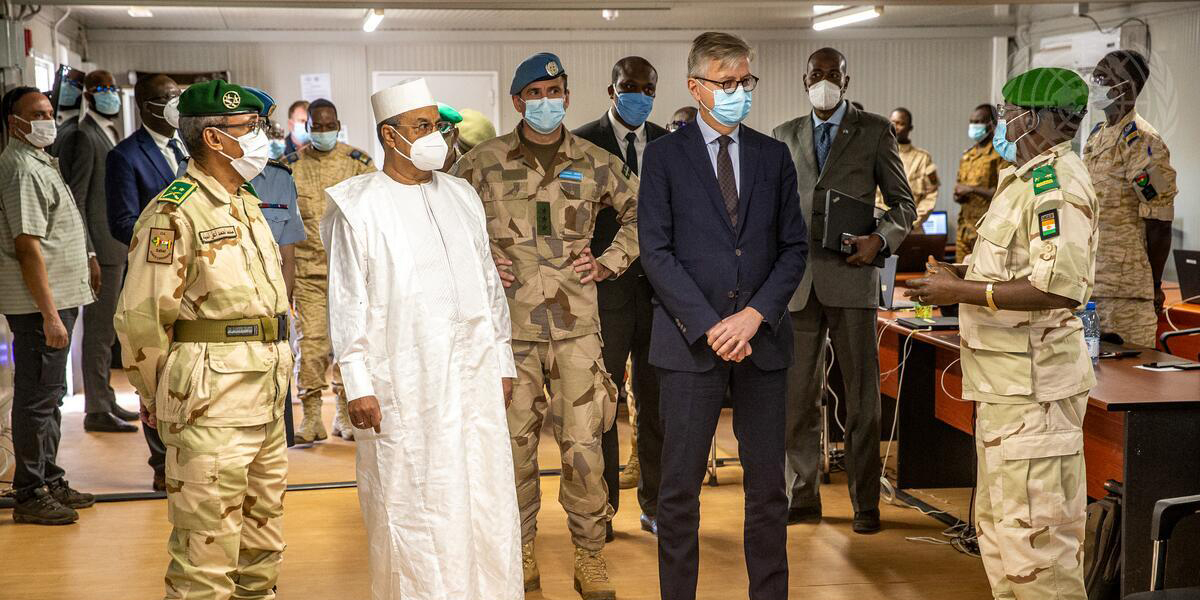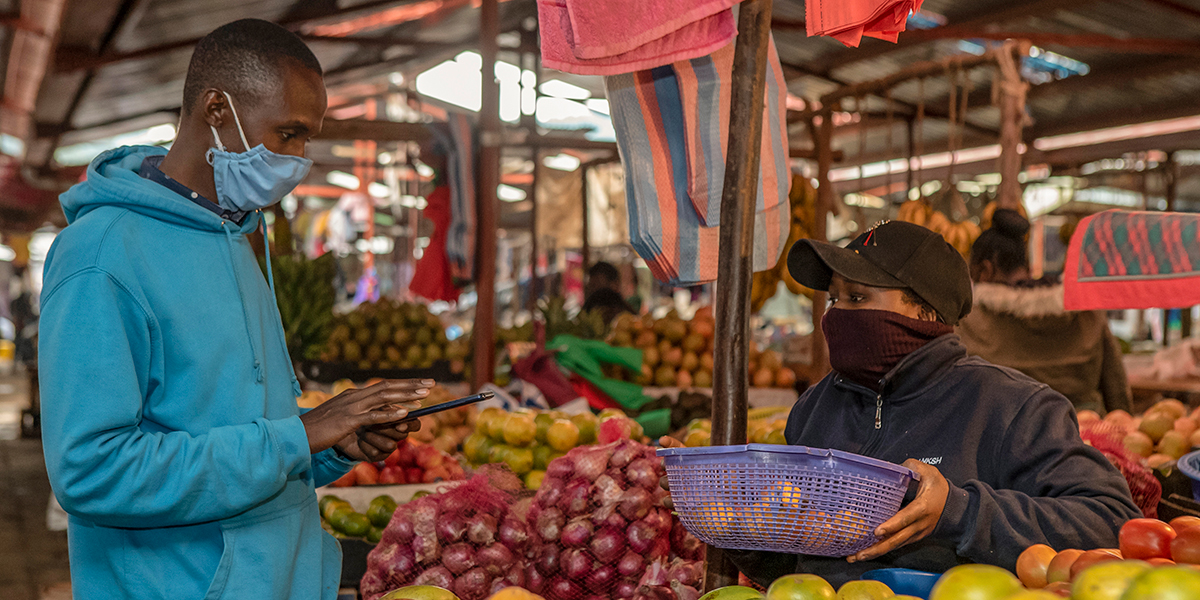In this week’s Monitor Chika Charles Aniekwe and Christabel Chanda Ginsberg write about one of the key topics under discussion at the 3rd Lake Chad Basin Governors Forum about the role of civil society and stabilization.
In our second contribution, Tizie Maphalala and Nothando Maphalala reflect on how the Women, Peace and Security agenda is being applied to non-war settings, and they specifically look at the case of Eswatini. Our third contribution is by Luciano Pollichieni and he considers the old and new players in the geopolitics of the Sahel. We close with a piece on the role of rising food prices in unrest and instability in Africa by Ronak Gopaldas and Menzi Ndhlovu.

